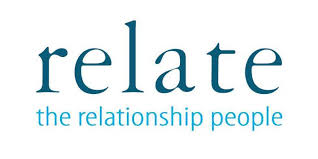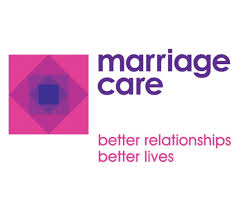Unhealthy relationships: Emotional effects
- Learning for Life and Work

- May 22, 2020
- 2 min read
Updated: May 8, 2025
An unhealthy relationship is a relationship between two people where one or maybe both people in the relationship feel upset, fearful or stressed more often than they feel happiness.
An unhealthy relationship can occur in any relationship. For example, between a parent and their child, between a boyfriend and girlfriend/husband and wife, between people who consider themselves as friends.
An unhealthy relationship can be easy to spot from the outside, but more difficult to recognise when the person is in the middle of one.
Being in an unhealthy relationship may have emotional affects on a person, including:
A person could question their self worth - and start to believe that being treated badly is the way they deserve to be treated.
Reduced self esteem - as the abuser has reduced any belief the person has in themselves by telling them all the time that they are wrong.
Reduced self confidence which could lead to avoidance of social situations - as the person is afraid that if they show confidence or make decisions for themselves then their abuser will treat them unkindly when they hear about it.
Feelings of fear and anxiety - as the person is afraid of how to behave or what to do as they are convinced it will be the wrong move.
Stress - as the person is constantly thinking about their actions and what (innocent) conversations they have had with other people in case they are questioned about it by their abuser.
Depression - as the person is unhappy with the way their life is and does not have support to help them deal with this unhappiness.
Post-traumatic stress - if there has been a violent episode the person may find it very difficult to deal with this and may not be able to talk to anyone about it.
Self-harm - as the person feels this is the only way to rid themselves of the pain they have bottled up inside.
Suicidal thoughts - as the person sees this as the only way out and the only way that this relationship can end.
What could a person do in an unhealthy relationship?
- A person could try and talk things through with the other person and try to come up with an agreed way forward.
- A person could try spending more time together and understanding each other better.
- A person could use talking therapies such as:
If the relationship has become violent a person should:
contact the police on 101 or 999 for emergencies
seek temporary accommodation or stay with friends/relatives
seek help from the National Domestic Abuse Helpline, Refuge, Women's Aid, Rights of Women
Men can seek help from Men's Advisory Project NI, Mens' Advice Line, Mankind Initiative, Everyman Project
QUESTIONS YOU COULD BE ASKED ON THIS
Describe one emotional effect of domestic violence on the health and well-being of a person. (2marks)
One emotional effect is low self-esteem. The person may feel worthless or blame themselves, which can lead to long-term emotional distress and depression.
You should also read:





Comments